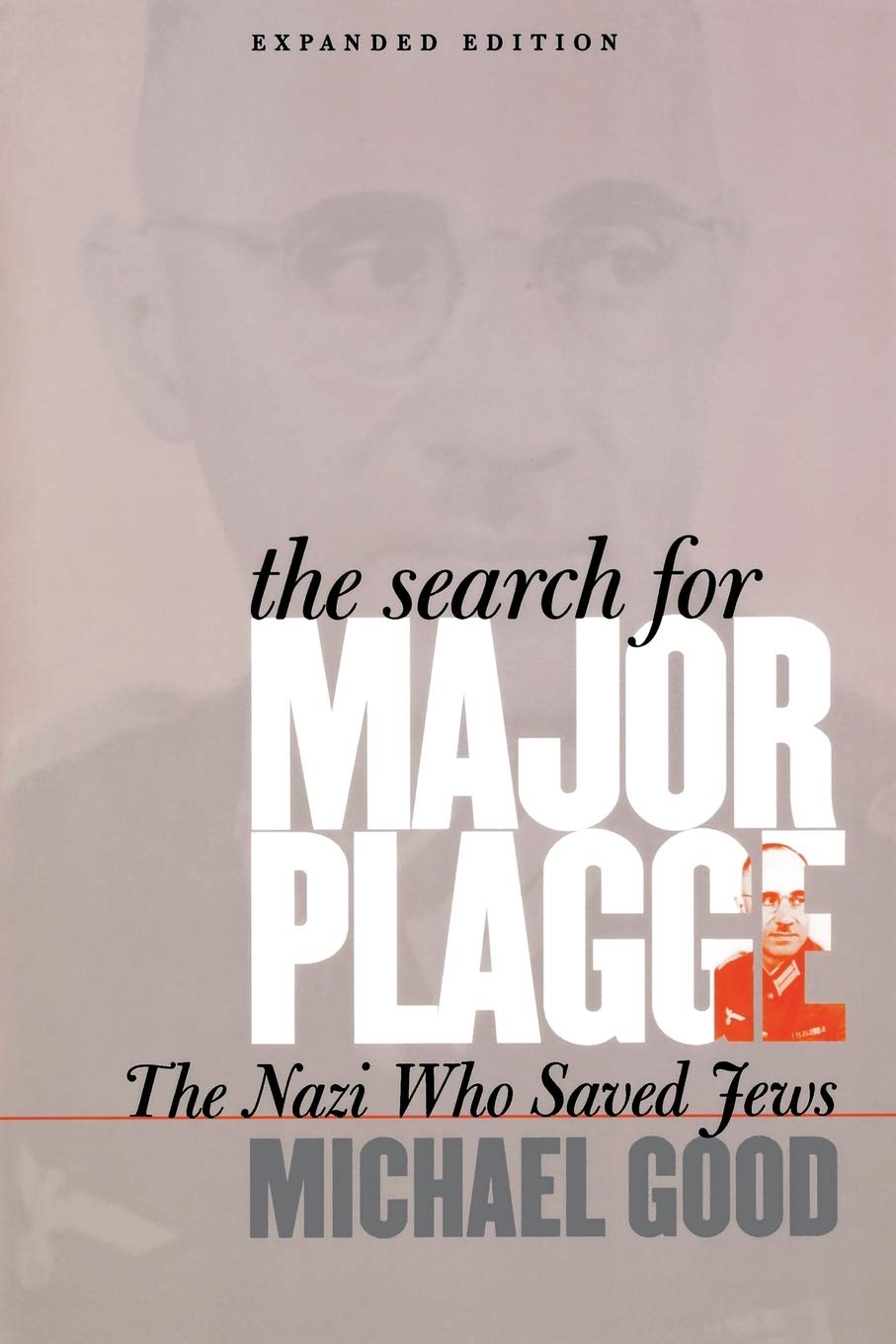About this deal
In this gripping, emotional work, Good explores the life and legacy of a mysterious German officer who secretly defied his government to save Lithuanian Jews during the Holocaust. By the third application, I was able to come up with cases and specific instances in which he surely was risking his life. He was cleared of war crimes after survivors testified at his trial, but he insisted on being classified as a "fellow traveller".
In February 2006, the former Frankensteinkaserne, a Bundeswehr base in Pfungstadt, Germany, was renamed the Karl-Plagge-Kaserne. Plagge gave work certificates to Jewish men, certifying them as essential and skilled workers regardless of their actual backgrounds. The HKP (Heeres Kraftfahr Park) was a Wehrmacht military unit that was responsible for the repair of Wehrmacht vehicles. In 1934, Plagge began to work at Hessenwerks, an engineering company run by Kurt Hesse, whose wife Erica was half-Jewish.The camp was to be dissolved; accused of being soft on Jews, Plagge was forbidden to take them with his unit. As a work assignment, HKP 562 was particularly sought after by Jews because of Plagge's efforts to treat his workers well. The Plagge Group disagreed, pointing out that Wehrmacht soldiers associating with Jews were threatened with being treated as Jews; indeed, Wehrmacht Sergeant Anton Schmid had been executed in 1942 for helping Jews in the Vilna Ghetto.
Many years later, during his denazification trial, Plagge stated that he was initially drawn to the promises of Adolf Hitler and the Nazi Party to rebuild the German economy and national pride, which suffered during the years that Germany experienced after the signing of the Treaty of Versailles. The court did not exonerate Plagge completely, because it believed that his actions had been motivated by humanitarianism rather than opposition to Nazism. However, the soldiers under his command and other Wehrmacht officials, including Hans Christian Hingst, the civilian administrator of German-occupied Vilnius, were aware of Plagge's rescue activities and did not denounce him. I was just very struck that a Wehrmacht staff officer, a major, would be trying to save Jewish prisoners. After the German invasion of the Soviet Union, HKP 562 was deployed to Vilna, Lithuania, in early July 1941.It seems there could have been a unifying story line more along the lines of a screen play which integrates the stories the author discovers after the story of his mother concludes. With an SS officer at his side, he told the inmates that they "will be escorted during this evacuation by the SS, which, as you know, is an organisation devoted to the protection of refugees. She never talked to us about how she survived, but there she told me about this mysterious officer, Major Plagge, who she said saved her life and the lives of her parents and 250 other Jewish prisoners," he said. In Yad Vashem's view, Plagge's efforts to save Jewish workers and treat them humanely were probably related to serving the German war effort. Good's son, Michael, decided to investigate the story of Plagge, but he had trouble locating him because survivors knew him only as "Major Plagge" and did not know his full name or place of birth.
A partially disabled veteran of World War I, Plagge studied engineering and joined the Nazi Party in 1931 in hopes of helping Germany rebuild from the economic collapse following the war. since all of you are highly specialized and experienced workers in an area of great importance to the German Army, you will be reassigned to an HKP unit. Israel's Holocaust memorial council, Yad Vashem, will declare Major Karl Plagge righteous among the nations, alongside men such as Raoul Wallenberg and Oskar Schindler, for an elaborate deception that saved about 250 Jewish lives.It was during this trip that he heard the story of the enigmatic officer named Major Plagge who his mother claimed had saved her life. He really got into a heated argument with the SS that without the children and the women the motivation of the workers would be very low, and so this would be injurious for production. Because Plagge had no descendants, the president of the Technische Universität Darmstadt accepted the award on his behalf. I found the most interesting parts of the book were the denazification trial (Appendix A) and whenever the author was quoting a direct source (memoir, letter, etc.
 Great Deal
Great Deal 